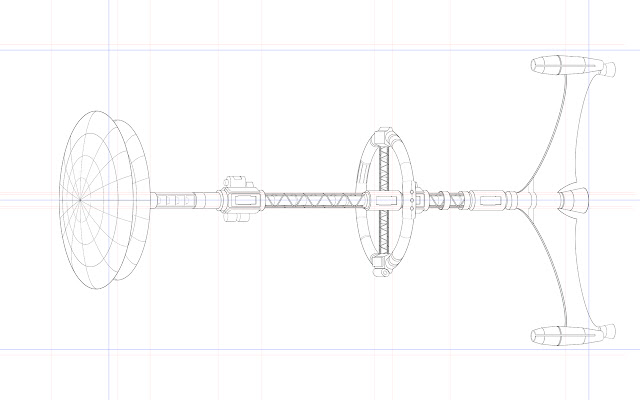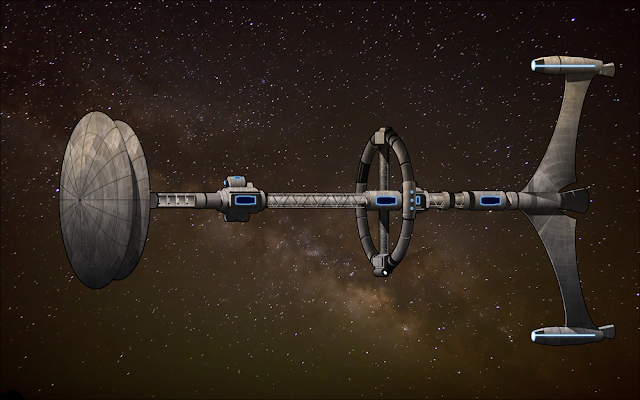by Melee Hutton
Working on Faster Than Night
has been a literal education for me. Not just in the field of social
media, where my knowledge hovers somewhere around my own Facebook page
and not much more, but also in the world of artificial intelligence.
Playing
a quantum A.I is flattering but daunting. Along with it come actor
questions I’ve never asked before, but perhaps will ask more often in
the future.
Wednesday, April 30, 2014
Monday, April 28, 2014
Supernaturalism
(Originally published on praxistheatre.com as part of Harbourfront Centre's HATCH 2014.)
"Naturalism is a good word for a bad idea. Art is to do with transformation."
– Ariane Mnouchkine
 |
| Motion-capture maestro Andy Serkis in Rise of the Planet of the Apes, The Adventures of Tintin, and The Lord of the Rings. |
In our first and latest posts, we explored how motion capture and real-time animation works. But we haven’t really talked about why one would want to use it in live performance, or what stories it tells best.
These
are key questions. Live animation takes a lot of extra work and costs a
bomb. It makes it hard to describe the show to theatre audiences (other
parts make it hard to explain to game designers and 3D animators). And
it affects the story in a fundamental way. Or at least, it should.
Otherwise you’re just sprinkling digital pixie dust on top of a play and
hoping no one will notice the story would be better told in television
or videogame or non-mocap-theatre form.
Throughout the script development process we’ve asked again and again: why are we telling this story with this technology?
Friday, April 18, 2014
Masks, Morphing and Live Motion Capture
(Originally published on praxistheatre.com as part of Harbourfront Centre's HATCH 2014.)
As far as we're aware, Faster than Night is one of the first handful of theatre productions in the world to use facial performance capture live on stage. But while from one perspective it is cutting-edge technology, it is also just the latest mutation of an artform that has been used in theatre for millennia: the mask.
 |
| Balinese topeng masks (Gunawan Kartapranata) |
As far as we're aware, Faster than Night is one of the first handful of theatre productions in the world to use facial performance capture live on stage. But while from one perspective it is cutting-edge technology, it is also just the latest mutation of an artform that has been used in theatre for millennia: the mask.
Thursday, April 17, 2014
Design Team Work-in-Progress
(Originally published on praxistheatre.com as part of Harbourfront Centre's HATCH 2014.)
A longer post is coming soon with details on the 3D facial model work being done by Centaur Digital and Dynamixyz, but to tide you over, here are a few more elements from our talented creative team.
First up, the design of the starship Envoy by Mike Nesbitt and Caroline Stephenson of Capture Scratch:
Next, "Like Clockwork" by composer and audio designer Will Mountain, via Vapor Music:
A longer post is coming soon with details on the 3D facial model work being done by Centaur Digital and Dynamixyz, but to tide you over, here are a few more elements from our talented creative team.
First up, the design of the starship Envoy by Mike Nesbitt and Caroline Stephenson of Capture Scratch:
Tuesday, April 8, 2014
Performance, Capture and Interactivity

Guest post by Pascal Langdale
(Originally published on praxistheatre.com as part of Harbourfront Centre's HATCH 2014.)In the UK, I’d be called a “jobbing actor”. That means that I work across all sorts of media, picking up a wide variety of acting work that provides a steady income. I have worked in corporates and commercials, stage, film and TV, and interactive games. Going a little further back, I have published poetry, written a radio play, co-produced movement-based theatre, headed a flamenco company, and once danced with Cyd Charisse. In my early thirties I studied nonverbal behavior and re-appraised my acting techniques. When I say I’m a RADA graduate, I sometimes think people expect a more traditional actor – a style or a working process which I can also embrace when necessary.
Every form I've
worked in has certain established rules and conventions, developed over
years (or centuries) to serve the best interests of storytelling within
that medium. Each has its own artifice, relies on a shared experience,
and requires adaptation of the core craft of acting.
So
it was with a jobbing actor’s irreligious approach that I made friends
with the newcomer on the storytelling scene: performance capture. In
this medium, the rules and conventions are still being established,
found wanting, re-established, changed, superseded and hotly debated.
Saturday, April 5, 2014
Interactive Story
(Originally published on praxistheatre.com as part of Harbourfront Centre's HATCH 2014.)
"Interactivity" is one of those words. What does it mean in theatre? What does it mean in storytelling? What does it mean to you? As we develop Faster than Night, which was conceived with the slippery and baffling ambition to involve the audience in the story, I've been thinking a lot about what it means to me.
"Interactivity" is one of those words. What does it mean in theatre? What does it mean in storytelling? What does it mean to you? As we develop Faster than Night, which was conceived with the slippery and baffling ambition to involve the audience in the story, I've been thinking a lot about what it means to me.
When I was sixteen, there was a comic convention in downtown Toronto. This was way back before comics were cool, a good decade before the invention of the web let geeks find each other en masse, and longer before the San Diego Comic-Con went media-tastic and started attracting 130,000 paying attendees. We're talking the basement of the Hilton, a bunch of folding tables with dealers selling back-issues from boxes, and a special guest or three.
I was a huge fan of Marvel Comics's Uncanny X-Men, which was ahead of the curve in introducing multiple, powerful female superheroes.
(One of those heroines, the teenage Kitty Pryde, was the original protagonist of one of my favorite X-Men storylines, "Days of Future Past". Yet when its blockbuster movie adaptation is released next month, the very male and very box office-friendly character Wolverine will be taking her role in the narrative. That's a different blog post...)
I was a huge fan of Marvel Comics's Uncanny X-Men, which was ahead of the curve in introducing multiple, powerful female superheroes.
(One of those heroines, the teenage Kitty Pryde, was the original protagonist of one of my favorite X-Men storylines, "Days of Future Past". Yet when its blockbuster movie adaptation is released next month, the very male and very box office-friendly character Wolverine will be taking her role in the narrative. That's a different blog post...)
Wednesday, April 2, 2014
Subscribe to:
Posts (Atom)



